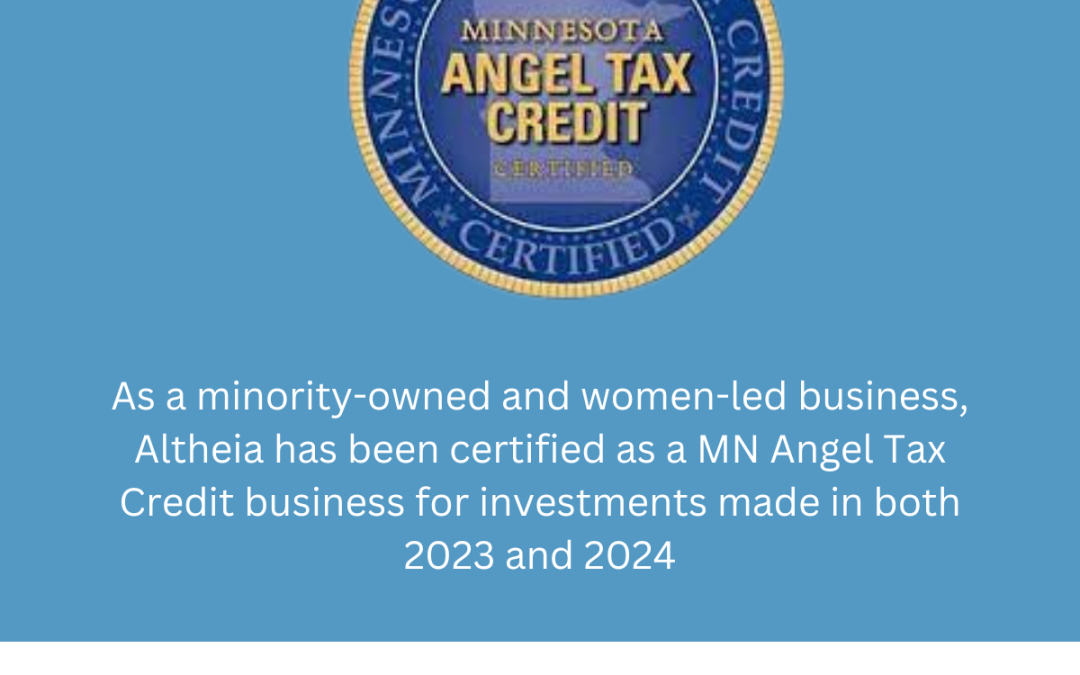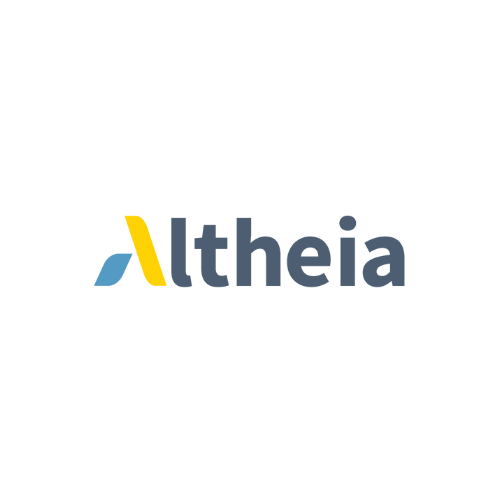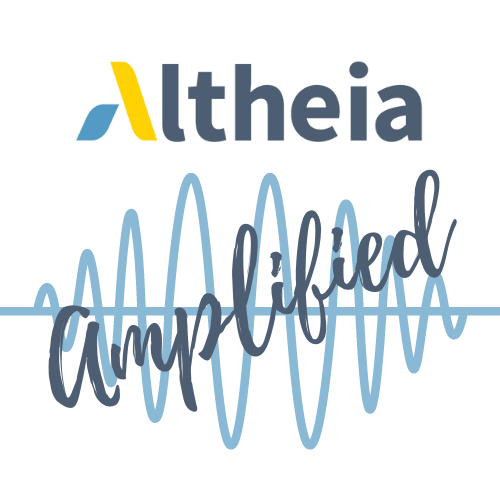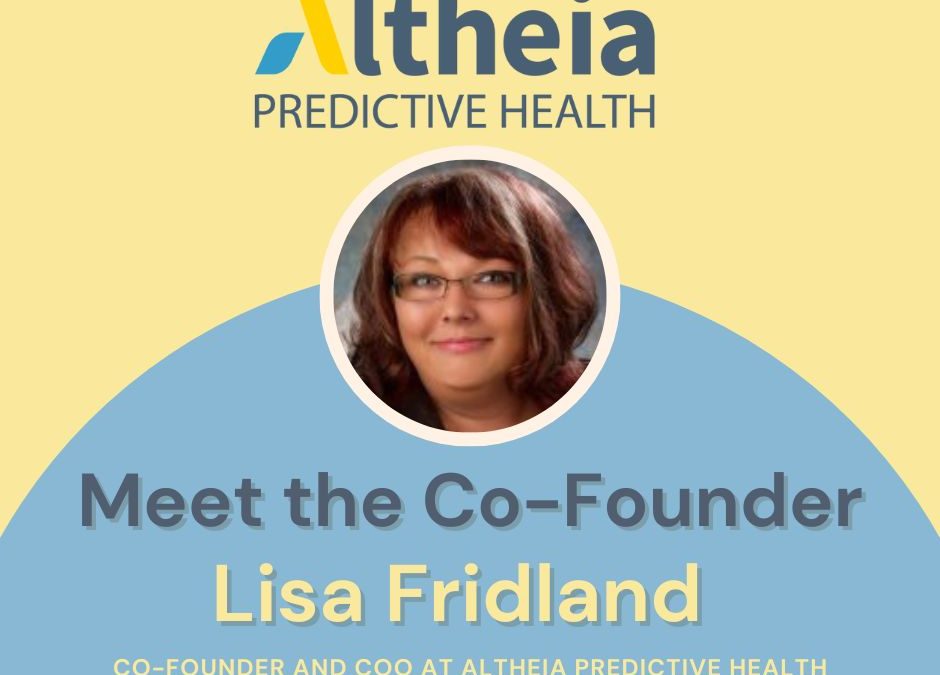From the desk of Jolly Nanda, Altheia’s CEO.
As someone who has always been passionate about improving healthcare and providing individuals with knowledge they need to make educated decisions, I’m excited to delve into a topic that holds immense promise and potential – the economic benefits of investing in health literacy programs. Not only do these programs have a profound impact on individual well-being, but they also have the power to transform a broader economic landscape. In other words, it’s not just about better health; it’s also about a healthier economy.
Health literacy is more than just understanding medical jargon; it’s about equipping individuals with the skills and knowledge needed to make informed decisions about their health, understand the information being provided to them, and to be able to navigate an increasingly complex healthcare system. Some of the benefits of improved health literacy are better decision making, improved communication between patients and providers, increased engagement – especially around preventative care, a reduction in health disparities that improves public health, and lower health care costs.
Research has shown that low health literacy is associated with higher healthcare costs, more frequent hospitalizations, and even lower overall economic productivity. In contrast, improving health literacy can reduce these costs and create a healthier, more productive population.
Success Stories in Health Literacy
Let’s take a moment to celebrate the incredible achievements of organizations that have invested in health literacy initiatives. One remarkable success story comes from the “Plain Language Health Information” project in Australia. By simplifying medical information and making it more accessible, they have empowered individuals to take control of their health. This program has not only resulted in better health outcomes but also saved millions of dollars in healthcare costs.
Another success story that stands out is the “Ask Me 3” initiative implemented by the Institute for Healthcare Improvement (IHI). By promoting the simple concept of encouraging patients to ask three vital questions during their healthcare visits, the IHI witnessed significant improvements in patient understanding and engagement. This translated into fewer medical errors, reduced hospital readmissions, and, importantly, lower healthcare costs. For every dollar invested in the “Ask Me 3” program, there was a return of $32, demonstrating the immense cost-saving potential of improving health literacy.
Another inspiring example is the “Text4Baby” program in the United States. By providing expectant mothers with timely health information via text messages, the program has led to healthier pregnancies, fewer premature births, and substantial cost savings in neonatal care. These initiatives demonstrate the immense potential of investing in health literacy.
At Altheia, we’re launching our new SaaS product, Acuvia, which will establish a framework for us to use to build more post-launch functionality that will be designed specifically to address both health equity and health literacy. Our MVP predictive models already include expanded health equity data that is unmatched in the current market. Our long-term road map includes additional predictive data set expansion and more focus on taking our predictive results and helping our members better understand how to approach improving their health. Expanded data will drive better, more personalized results and provide better insights to both customers and members will significantly improve outcomes.
For those interested in funding health literacy initiatives, here’s a roadmap to guide your efforts:
A Roadmap for Stakeholders
- Identify Key Partners: Collaborate with healthcare providers, government agencies, and community organizations to create a robust support network.
- Assess the Need: Identify the specific health literacy needs of your target population. Use surveys and data to pinpoint the most pressing issues.
- Develop Clear Objectives: Set clear, measurable goals for your health literacy program, whether it’s improving patient communication, enhancing health education materials, or training healthcare staff.
- Invest in Education: Provide training to healthcare professionals on effective communication and plain language techniques. Ensure they understand the value of health literacy.
- Engage the Community: Partner with community leaders and organizations to raise awareness and build trust.
- Advocate for Policy Change: Support policies and initiatives that promote health literacy and clear communication in healthcare.
The economic benefits of investing in health literacy programs are undeniable, and the success stories of organizations like the IHI and Text4Baby serve as proof that these investments can lead to significant cost savings. If you’re a stakeholder interested in funding such initiatives, follow the roadmap above to ensure your resources are well-utilized and the benefits are maximized. Not only will you help people lead healthier lives, but you’ll also be contributing to a healthier economy.
Alternatively, at Altheia, we’re still in our seed funding round. An investment with us will help us introduce a solution that will make significant contributions to health equity and health literacy initiatives in health care. Investments in 2023 are eligible for a 25% tax credit from the state of Minnesota, irrespective of where the investor resides. If interested, email us at info@altheia.com.
For those who like to delve into the data, several sources provide comprehensive evidence of the economic benefits tied to health literacy:
Data Sources and Evidence
- The Agency for Healthcare Research and Quality (AHRQ) is a treasure trove of studies and reports. They consistently publish findings on the relationship between health literacy and health outcomes, with a focus on cost savings.
- The Institute of Medicine (IOM) offers reports and publications that explore the economic implications of low health literacy. They highlight how investments in health literacy can lead to a more efficient and cost-effective healthcare system.
- Health Literacy Studies by the Health Literacy Studies research group provide in-depth analyses of the relationship between health literacy and healthcare utilization, cost, and quality.
Investing in health literacy is not just a moral imperative, it’s a smart economic choice. By giving individuals the knowledge to make informed health decisions we can reduce healthcare costs, improve individual well-being, and ultimately foster economic prosperity. The success stories of organizations that have already taken this path serve as a testament to the immense potential of health literacy programs.









